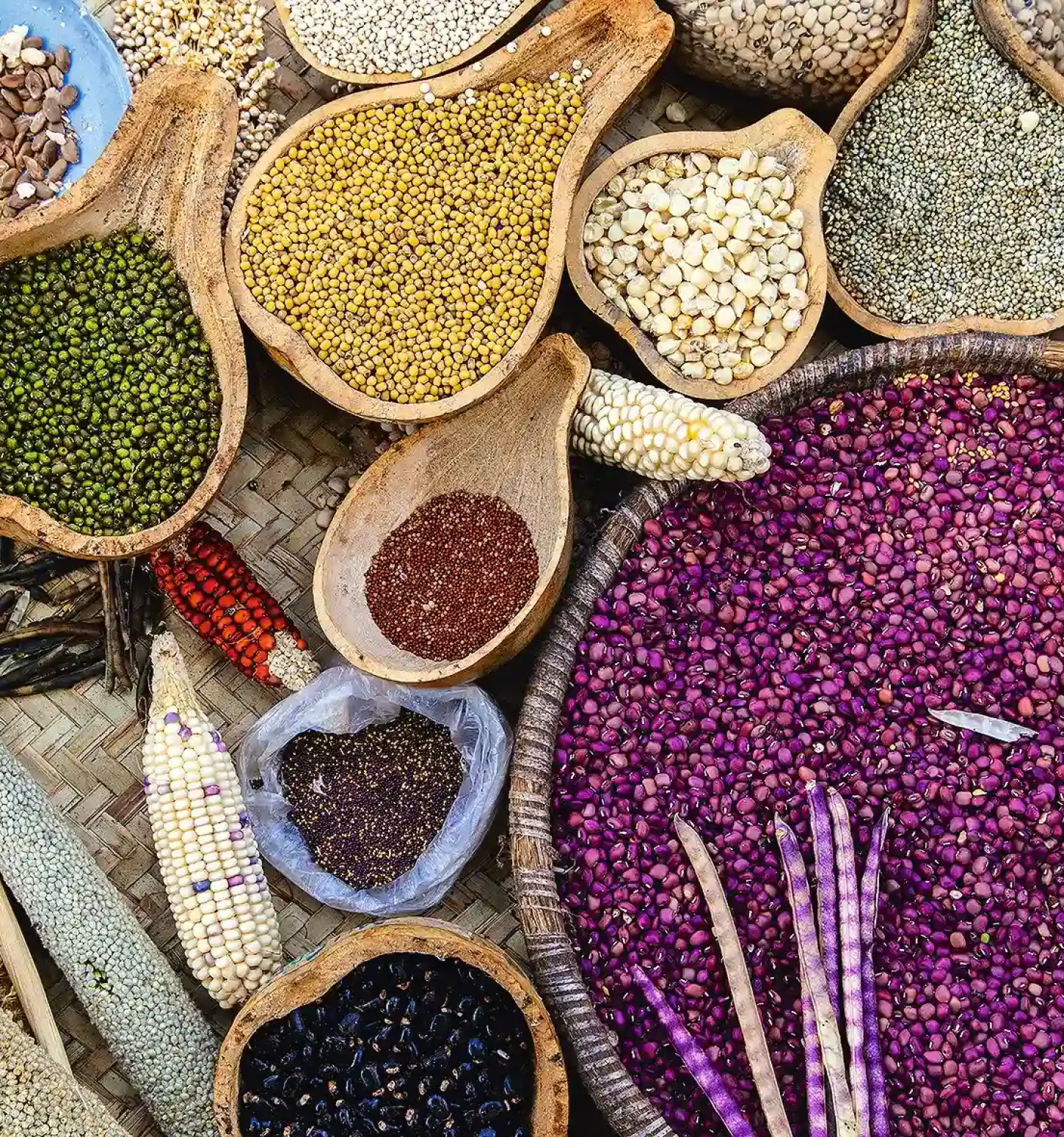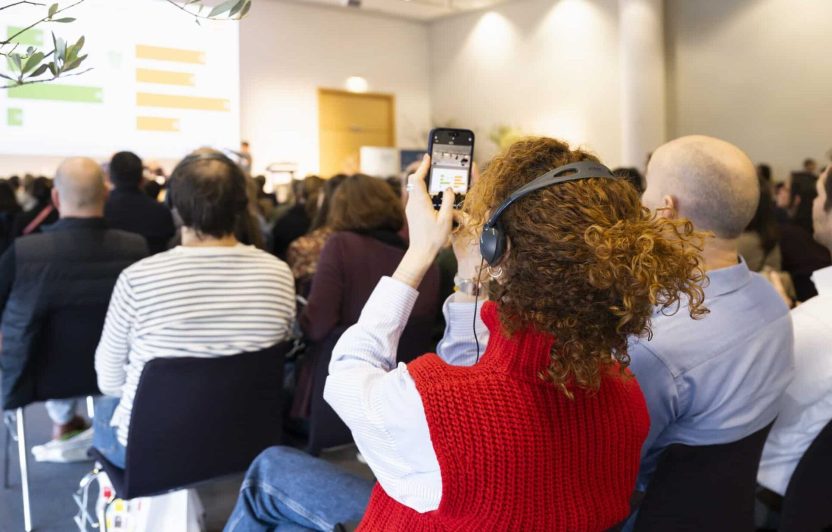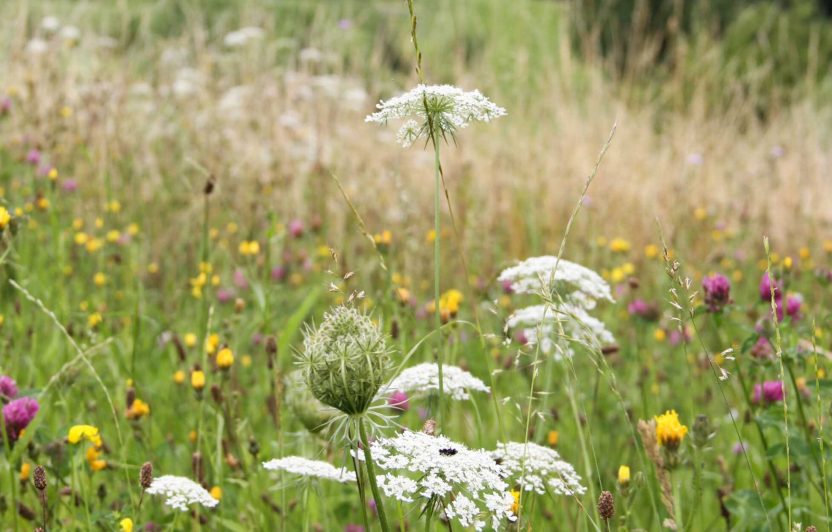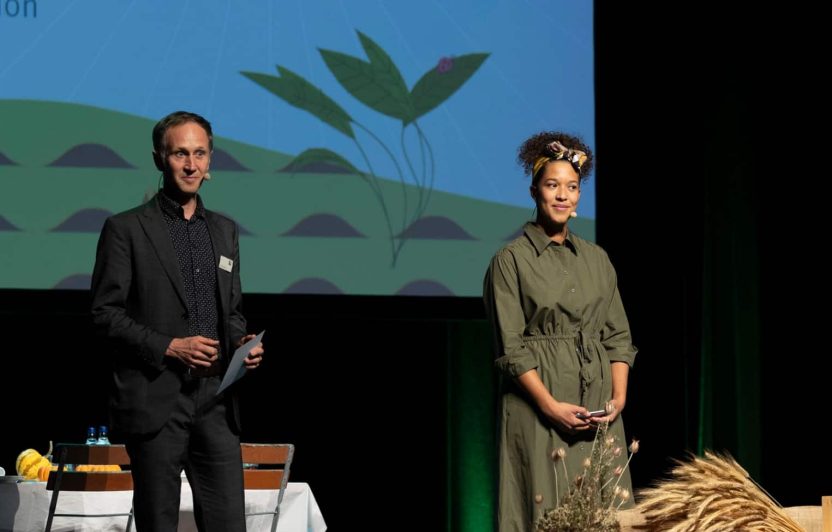Martin Herren, why does Kenya need a new exchange platform?
Many people in Kenya had been working individually or in small groups until now to promote an organic agricultural transformation. The time has now come to unite and get political and economic decision-makers to join forces and focus on agroecological approaches. The forum also offers interest groups space for an objective, scientific dialogue.
What interest does the Kenyan state have for involvement in this forum?
The Kenyan government has realized that challenges like climate change or population growth cannot be solved through “more of the same”. Farmers, consumers and NGOs also express a growing desire for ecological change. By participating in the ISFAA, the Kenyan state encounters the latest scientific findings and can exchange information with all stakeholders simultaneously.
How do you ensure that farmers’ needs are considered?
The forum creates a bridge between national and local actors. It includes numerous NGOs with close contacts to farmer groups. Many forum activities also take place at the county level, and we regularly invite farmer group representatives to Nairobi. They are able to report on the impacts of agroecological approaches and their most pressing problems. This creates a fruitful dialogue between national, regional and local actors.
How do you see the ISFAA’s chances of success?
I am convinced that it will be worth bringing the issues of agroecology and agrobiodiversity into the national debate on agriculture more prominently. The group’s work will also help generate more scientific evidence and more university teaching on the subject. It will take a bit more time before government- or private-supported programmes are launched, though.
Das «Intersectoral Forum on Agrobiodiversity and Agroecology» (ISFAA)
1. die Mitglieder über ökologische Ansätze in der Landwirtschaft in Kenia zu informieren
2. Raum zu bieten für Erfahrungs- und Meinungsaustausch.
3. In kleinen Gruppen sollen konkrete Massnahmen wie Handungsempfehlungen, politische Stellungnahmen oder Lehrprogramme für Universitäten entwickelt werden.

What gives you confidence?
The forum receives unusually broad support from local actors. It is also notable that the Ministry of Agriculture and the Ministry of Environment jointly host the forum. This lends the forum a high degree of legitimacy and gives it a strong political voice. Finally, the German governmental development agency GIZ is a strong supporter of the platform and can contribute technical expertise and resources.
What role does climate change play in the ISFAA?
Because it is so urgent, climate change is a cross-cutting issue that will be addressed in all working groups. Agroecology’s potential to combat the consequences of climate change was scientifically substantiated in the recently published study by Biovision and the UN Food and Agriculture Organisation (FAO). The revision of national climate pledges has set politics in motion in Kenya. There is a momentum for change – and we want to use it.





